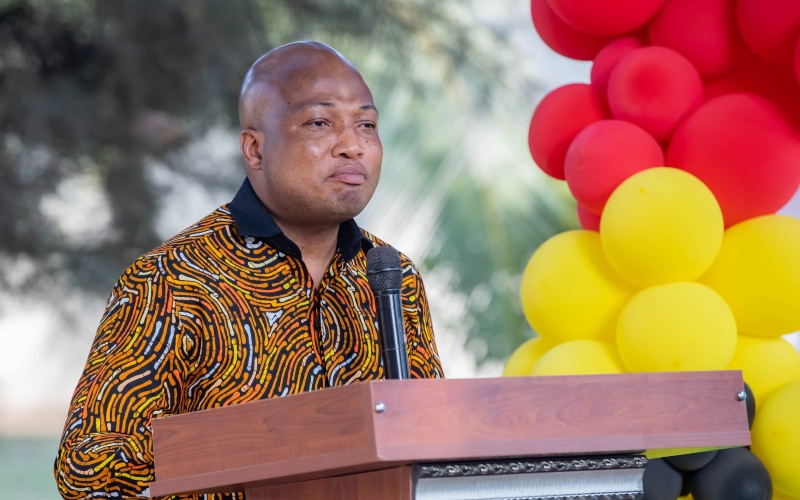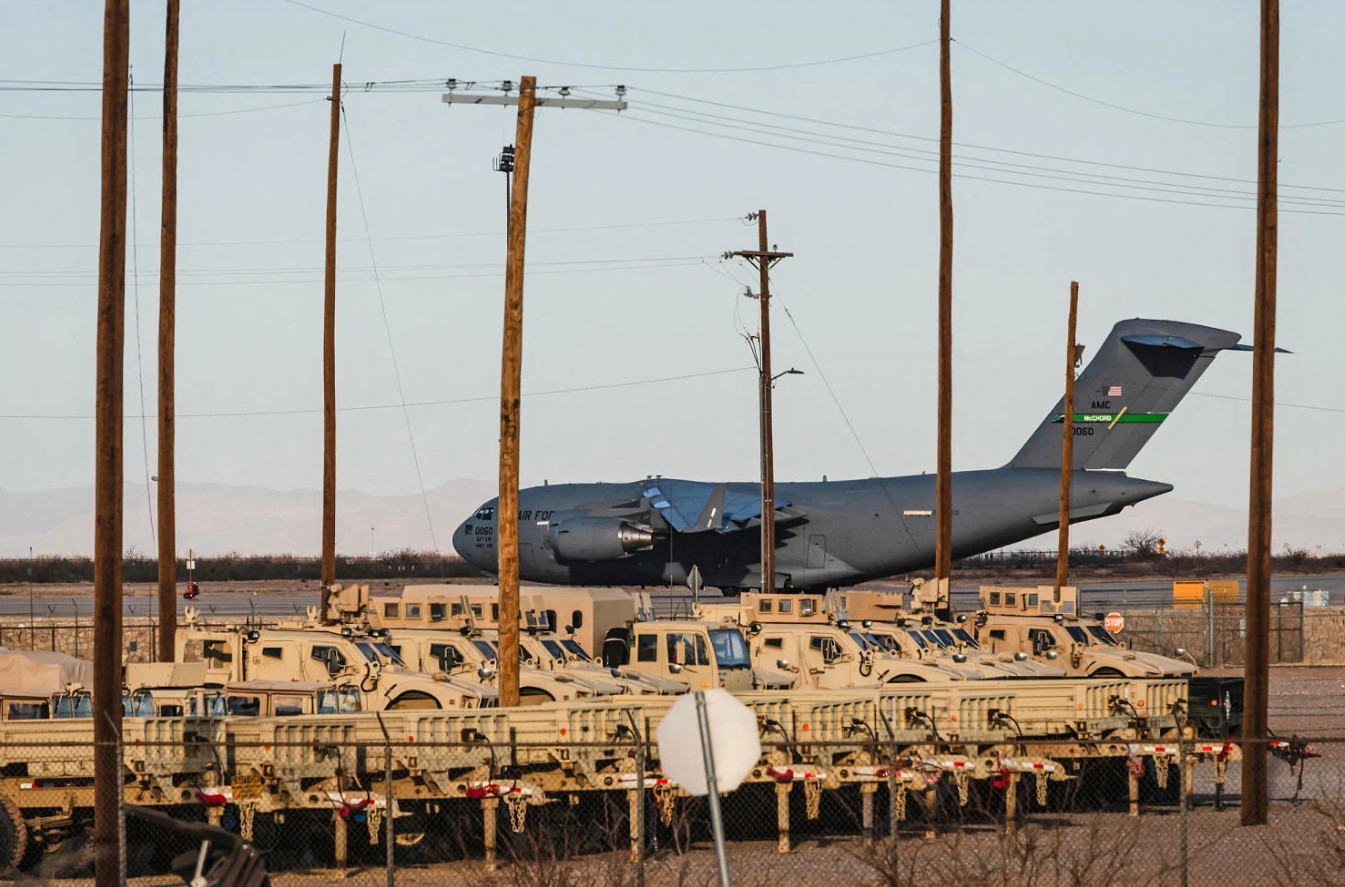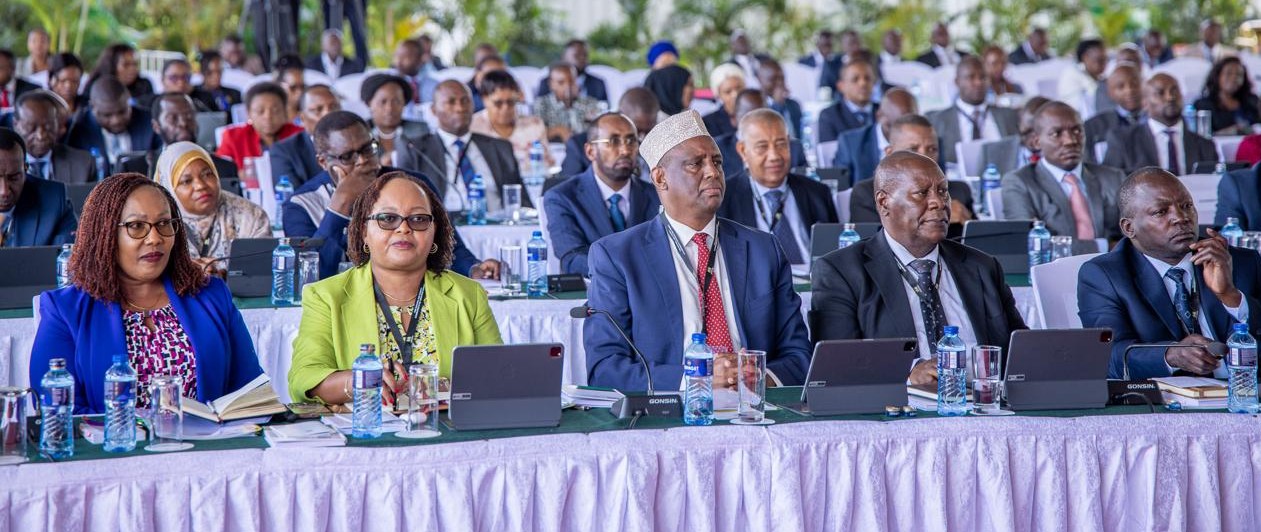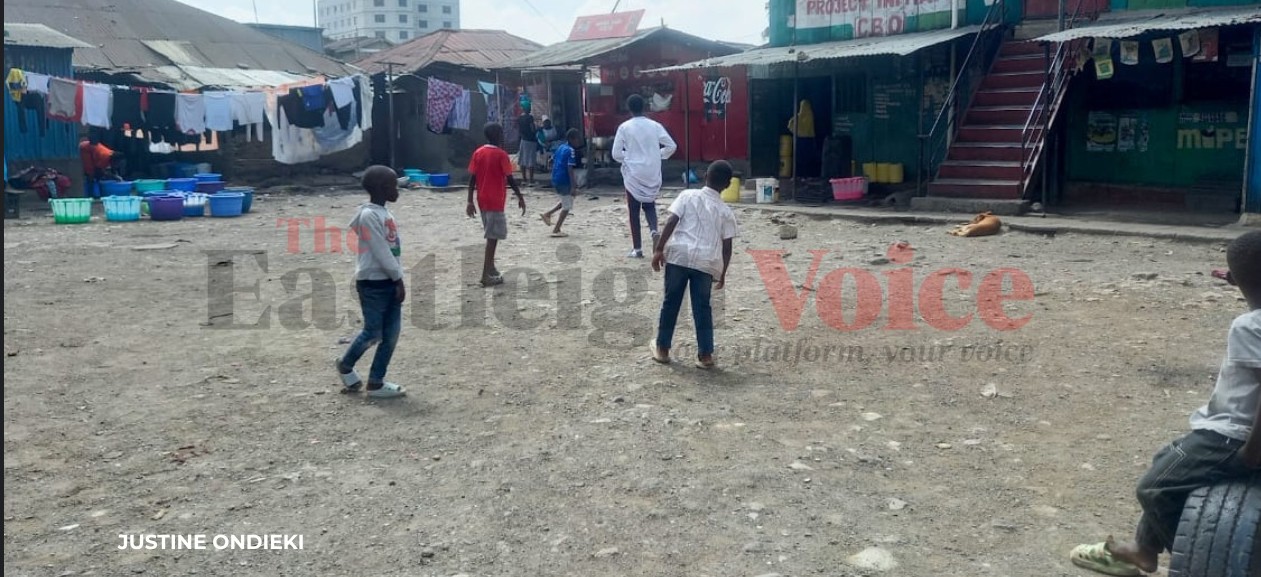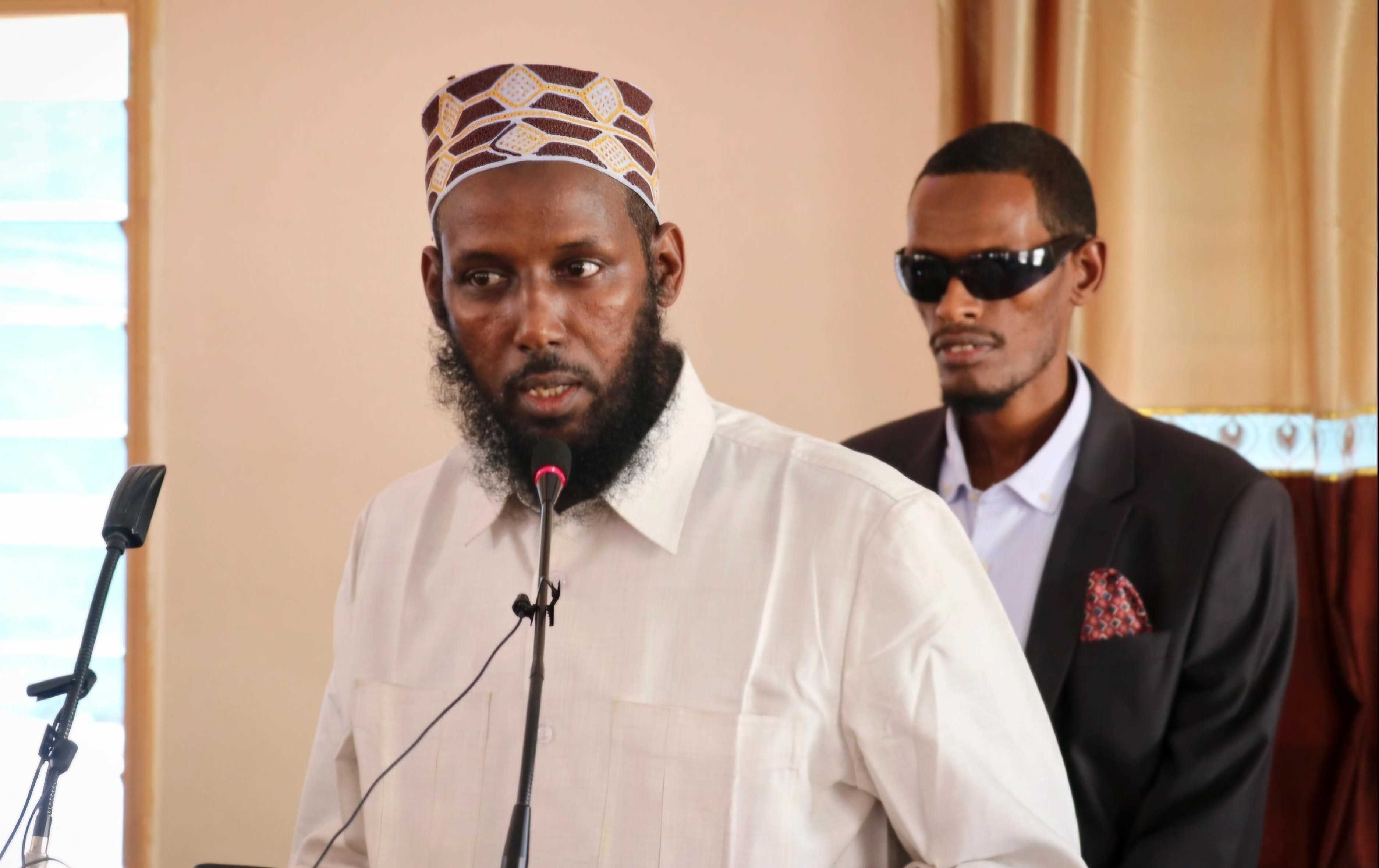South Sudan’s Parliament resumes amid budget crisis, unpaid wages, and fragile peace
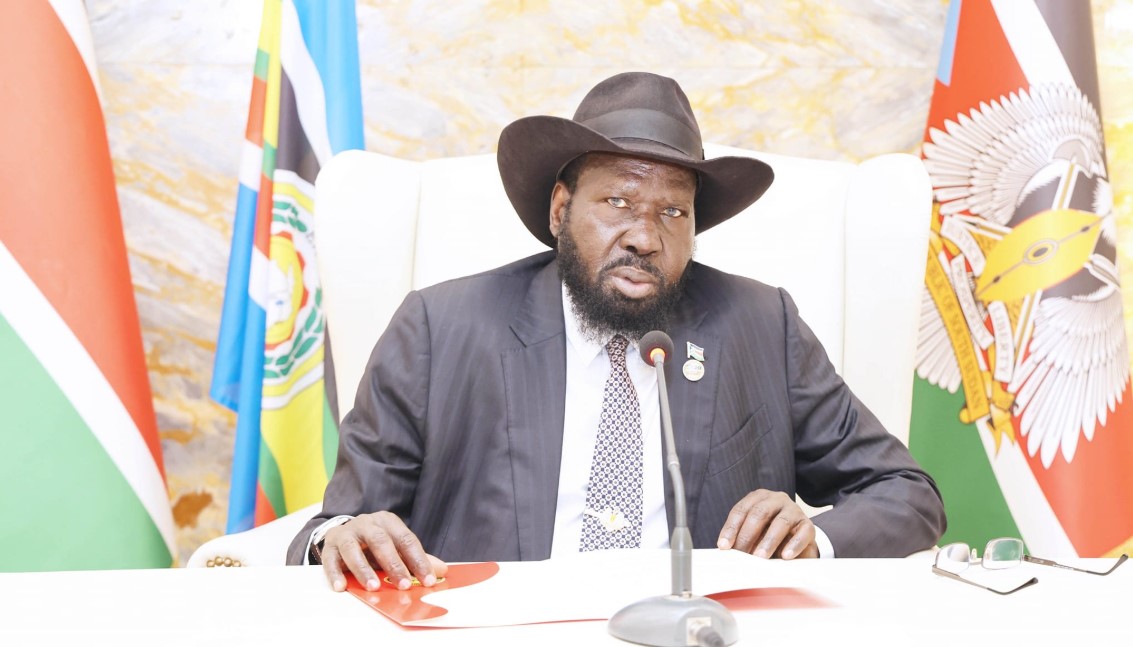
Speaking at the opening of the session in Juba on Wednesday, President Salva Kiir Mayardit called on MPs to move beyond rhetoric and "serve the nation with honour, unity, and a renewed commitment to peace and prosperity as the nation advances on its transitional journey."
After a seven-month recess, South Sudan's National Legislature reconvened this week with a daunting to-do list: pass the 2025/2026 fiscal budget, settle months of unpaid salaries, and rescue a floundering peace process ahead of the country's first post-independence elections in 2026.
The country is grappling with a deepening economic and political crisis.
More To Read
- Gunman hijacks aid plane in South Sudan, arrested after safe landing in Wau
- Sexual violence driving mass flight from Sudan to South Sudan: What you need to know
- 1,000 weapon‑wounded patients treated in South Sudan hospitals this year - ICRC
- South Sudan and Somalia eye group stage in FIFA Arab Cup 2025 qualifiers
- From silence to strength: South Sudan women leaders speak out and drive change
- MSF demands protection of civilians after deadly attack in Upper Nile State, South Sudan
Civil servants, lawmakers, and organised forces have repeatedly gone unpaid, straining public morale and threatening the delivery of essential services.
With donor confidence waning and domestic revenue generation faltering, the reopening of parliament was both urgent and symbolic.
Speaking at the opening of the session in Juba on Wednesday, President Salva Kiir Mayardit called on MPs to move beyond rhetoric and "serve the nation with honour, unity, and a renewed commitment to peace and prosperity as the nation advances on its transitional journey."
Kiir's remarks were a mixture of encouragement and warning.
He underscored the critical role of parliament in shaping South Sudan's future and urged members to recommit themselves to the ideals of peacebuilding and national unity.
"Let us turn promises into action," he said, emphasising that a peaceful and unified South Sudan would only be possible if lawmakers work "towards strengthening the foundations of a united and resilient nation."
Extending an olive branch, Kiir invited opposition groups still outside the peace framework to "join the path of reconciliation and national unity," reflecting concerns that ongoing exclusion threatens to unravel hard-won gains.
But it was on economic matters that Kiir struck a firmer tone.
He directed the government's economic cluster to harmonise salary payments to civil servants and organised forces, acknowledging the acute pressure that delayed wages have created in the public sector.
He reaffirmed his administration's pledge to fiscal discipline, transparency, and anti-corruption, describing these as "non-negotiable pillars of economic recovery."
The economy, heavily reliant on oil revenues, has suffered under global price fluctuations and a fragile security situation that continues to discourage investment.
While the reopening of the Revitalised National Transitional Legislature may offer a flicker of hope, its ability to pass a credible budget and implement long-delayed reforms will be a litmus test for the country's readiness to hold elections in 2026.
Top Stories Today

